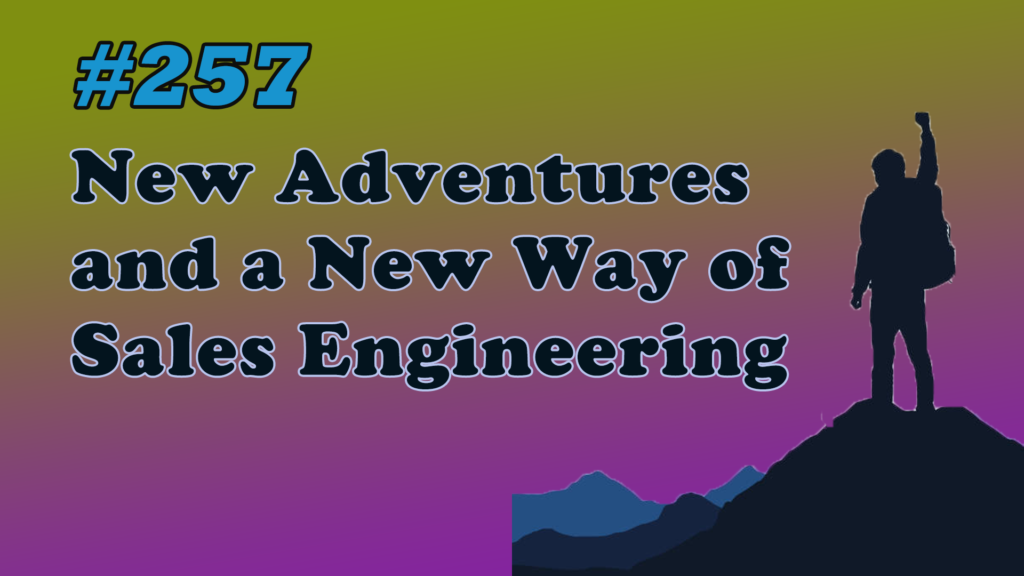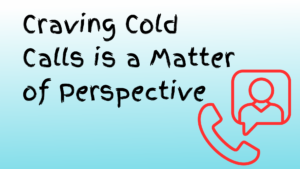
Blog
Notes:
What are the pros and cons of working in a larger, more traditional company vs. working in a startup?
In this podcast episode, Trevor Spires returns to provide passionate insight on this critical question. Listeners of the podcast will remember Trevor from episode 231, where we talked about his transition from offering professional services at VMware to becoming a solutions architect at AWS. A couple of months ago, Trevor transitioned again from his position at AWS to a new role as Head of Solutions Architecture at a startup called Common Room.
For many of us working in more prominent and established companies, Trevor’s move begs the question: Why would someone choose to work at a startup, considering the risks involved, and leave a position at AWS? What follows is a passionate and rich conversation about leadership and how best to help our customers.
Key Takeaways:
- Seeing oneself as a consultant vs. a resource
- Why Trevor left AWS
- The downside of working in a big company
- What it means to lead inside a company
- Trevor’s new role as a Head of Solutions Architecture
- Setting the right expectations with a customer
- How to help potential customers not waste their time and yours
- Why Trevor chose to work with a startup despite the risk
- Changes in the field of pre-sales as Treveor has seen in four years of being an SE
- Why a top-down sales cycle is more biased toward the company and not the customer
- Why enterprise agreements are like extortion and how they lead to bad customer relationships
- How companies can pursue growth by actually providing value and getting customers to consume their products
Quotes:
The bigger the company is, the more processes they have. And they don’t even have to be the right processes. You still have to follow them. — Ramzi Marjaba
I’m not changing the world. So I like the idea of having my little flock, who I can serve and protect and help make better. — Trevor Spires
A customer doing a two-year eval of a product and not buying the product is an incredible waste of time. — Trevor Spires
If the customer is not willing to dedicate time and resources to a proof of concept, they’re not taking your product very seriously. — Trevor Spires
Sales teams are paid quarterly on commission. So they are not paid. There is no financial structure that incentivizes the salesperson to think long-term. They’re very clearly financially incentivized to think short-term about their customers. — Trevor Spires
Links from the show:
- Listen to Trevor Spires’ previous interview on the show
- Connect with Trevor Spires on LinkedIn
- Watch Trevor Spires’ videos on YouTube
If you enjoyed this podcast, please support the show by dropping a review or rating on iTunes – https://podcasts.apple.com/us/podcast/we-sales-engineers-resource-for-sales-engineers-by/id1378292171



